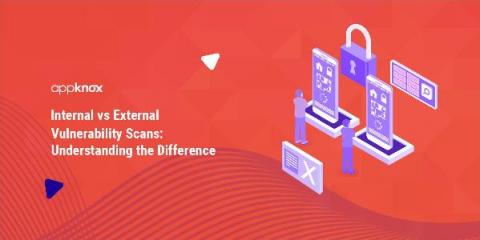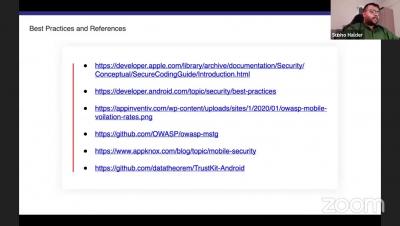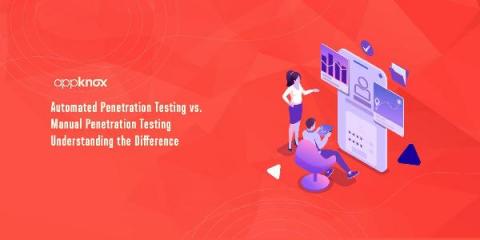Internal vs External Vulnerability Scans: Understanding the Difference
When it comes to establishing a robust mobile application security posture, vulnerability scanning is certainly the go-to option. But given the complex cybersecurity challenges of modern times, it might be complicated and challenging to implement vulnerability scanning properly. According to the 2020 Edgescan Vulnerability Statistics Report, around 35% of the vulnerabilities discovered in external-facing apps were of critical or high risk.











